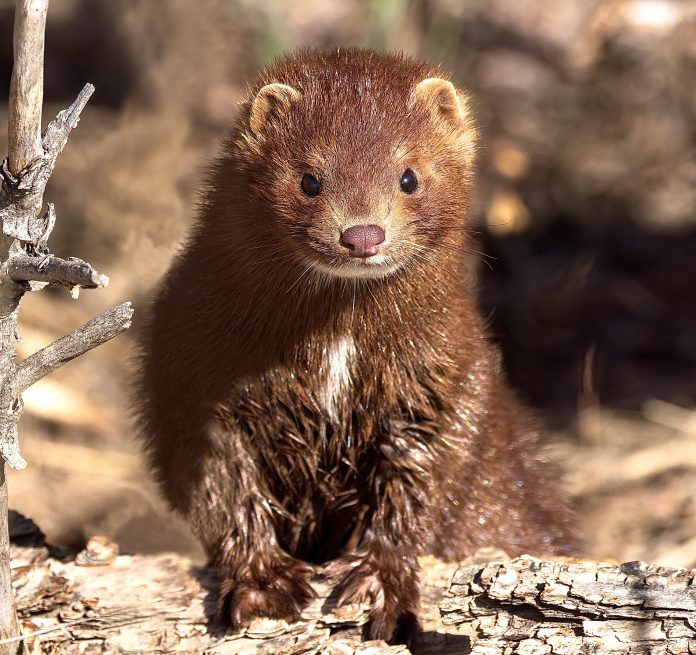The Animal Welfare Institute (AWI) lauds the introduction of the Mink Facility Disease Prevention Act, a crucial step towards ending mink farming in Illinois and safeguarding public health.
Proposed by State Senate Assistant Majority Leader Linda Holmes, S.B. 3262 acknowledges the role of mink farms as breeding grounds for diseases like COVID-19 and avian influenza, which pose significant risks to human health. Under this legislation, the few mink farms in Illinois would be mandated to cease operations by January 1st, 2025.
Given the striking similarities between the respiratory systems of humans and mink, these animals can contract and potentially transmit respiratory viruses, making them potential reservoirs for novel pandemic pathogens. Susan Millward, AWI’s executive director and chief executive officer, emphasized the urgent need to heed the warnings of scientists, stating, “There is no practical way to operate a mink farm without creating a petri dish that could produce the next pandemic virus.”
Mink farming, aside from its ethical concerns, poses a significant public health risk by providing ideal conditions for pathogens to proliferate among animals and potentially spill over to humans. The COVID-19 pandemic has underscored this threat, with numerous outbreaks reported on mink farms worldwide, leading to transmissions of mutated forms of the virus to humans.
Furthermore, the emergence of avian influenza (H5N1) among mink populations highlights the potential for these farms to serve as breeding grounds for other deadly pathogens. Recent outbreaks in Spain and Finland demonstrate the urgent need to address the risks associated with mink farming.
In light of these concerns, several European countries have already taken steps to phase out or ban fur farming altogether. Similarly, states like California have implemented bans on fur sales, while others, including Hawaii, Rhode Island, and Washington, are considering similar measures.
AWI, along with other animal protection and conservation organizations, has urged Oregon officials to expedite the phase-out of commercial mink farming due to its threats to public health and wildlife. This concerted effort reflects the growing recognition of the need to address the risks associated with this industry and transition towards more humane and sustainable practices.
